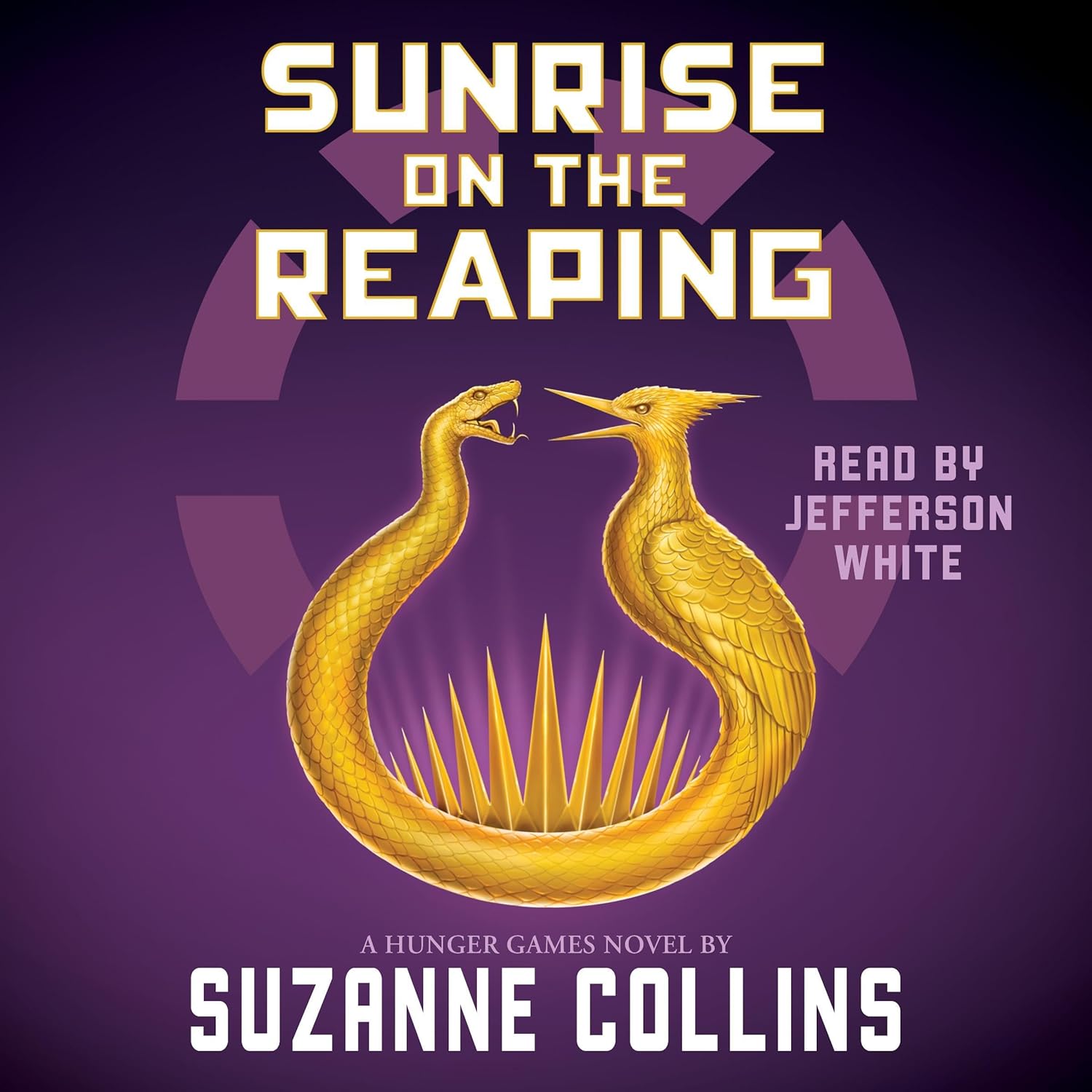Sunrise on the Reaping (A Hunger Games Novel) (The Hunger Games)
Page 27 Review
The Bitter Reality of District 12: A Commentary on Love and Oppression
The passage you provided offers a poignant glimpse into the harsh realities of life in District 12, a place where love is complicated by poverty, oppression, and the ever-present shadow of the Hunger Games. The dialogue crackles with a raw honesty, revealing the emotional scars inflicted by the Capitol’s ruthless regime.
The Lingering Trauma of the Hunger Games
Lenore Dove’s opening statement, “But we won’t really,” she says bitterly. “No one in Twelve will. The Capitol makes sure the Hunger Games is burned into our brains,” immediately sets a somber tone. This isn’t just about a single event; it’s about systemic psychological manipulation. The Games are deliberately designed to instill fear and obedience, a constant reminder of the Capitol’s power.
Her comment about Hattie, “Guess Hattie’s in the right business. Helping people to forget,” speaks volumes about the coping mechanisms employed by the people of District 12. They seek solace in oblivion, a temporary escape from the horrors they have witnessed and the bleakness of their future. It also subtly criticizes a society that profits from the suffering of others, even if that profit is in the form of numbing the pain.
Love Under Scrutiny: A Forbidden Affection
The introduction of Clerk Carmine adds another layer of complexity. His curt summons, “Lenore Dove. Clerk Carmine doesn’t holler, but he has one of those voices that carries without needing to. He stands at the edge of the Meadow, fists shoved in his patched overalls. He’s a fiddler and protective of his hands. ‘Better be getting ready,’” highlights his authority and impatience. His profession as a fiddler, protecting his hands, is a subtle detail suggesting the fragility and beauty that exists even within this harsh environment, a beauty that is constantly threatened.
The narrator’s observation about Clerk Carmine’s disapproval of his relationship with Lenore Dove is particularly insightful. “He never paid me much mind until Lenore Dove and I got serious. Since then, nothing I do seems right.” This suggests that Carmine’s judgment isn’t necessarily personal but stems from a deeper concern for Lenore Dove’s well-being, perhaps believing she deserves someone better, or fearing the consequences of their relationship in such a restrictive society.
The revelation of Clerk Carmine’s own hidden love life, “That’s when she revealed that he’d been together some thirty years with the fellow in town who replaces busted windows. They have to keep it quiet because loving differently can get you harassed by the Peacekeepers, fired from jobs, arrested even,” is a powerful commentary on the dangers of nonconformity. The irony is stark: a man who experiences the same prejudices as the narrator still judges his relationship. This highlights the internalized oppression that can occur even within marginalized communities.
The passage emphasizes the immense pressure faced by those who deviate from societal norms. The threat of harassment, job loss, and arrest paints a chilling picture of a society where love itself is policed. “Given his own challenges, you’d think Clerk Carmine would be a champion of our love — I’m certainly supportive of his — but I guess he thinks Lenore Dove could do better.” This line perfectly encapsulates the nuanced and often contradictory nature of human relationships in the face of systemic oppression. The narrator’s unwavering support for Carmine, contrasted with Carmine’s disapproval, underscores the difficulty of breaking free from ingrained societal biases.
A Glimmer of Hope Amidst the Darkness
Despite the oppressive atmosphere, a flicker of hope remains. The narrator’s attempts to ease Lenore Dove’s anxieties, “She hates us to be at odds, so all I say is, ‘I’m definitely growing on him.’ That gets her to laugh enough to break the mood. ‘I can come by after,’” demonstrates the resilience of the human spirit and the importance of connection in the face of adversity. Even a small moment of laughter can provide respite from the overwhelming despair.
In conclusion, this passage is a microcosm of the larger world, exploring themes of trauma, oppression, and the enduring power of love and connection. It leaves the reader pondering the sacrifices people make to survive and the lengths they go to protect those they love in a society built on fear and control.
Buy full ebook for only $15: https://www.lulu.com/shop/suzanne-collins/sunrise-on-the-reaping-a-hunger-games-novel-the-hunger-games/ebook/product-e7496ww.html?page=1&pageSize=4

